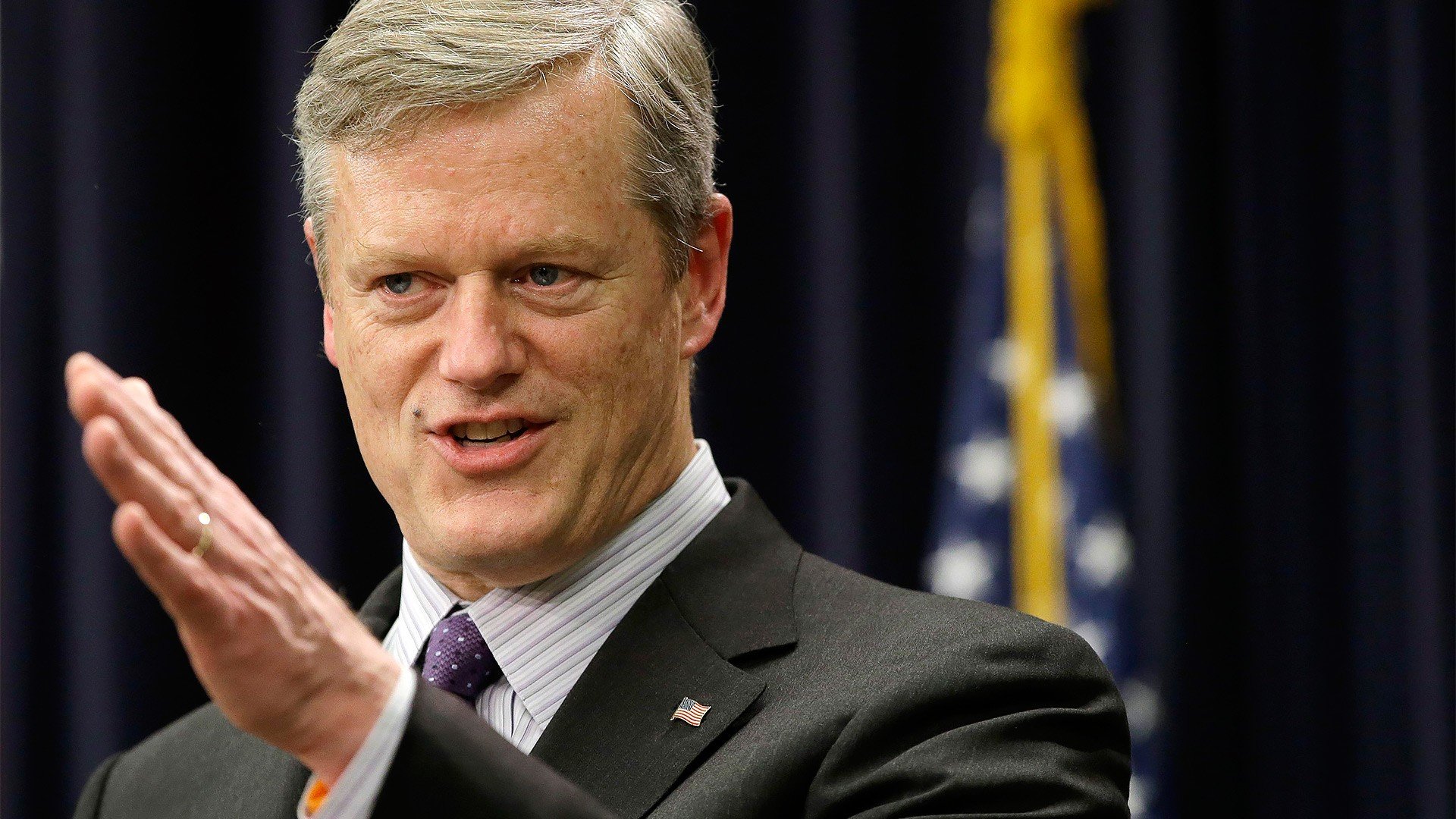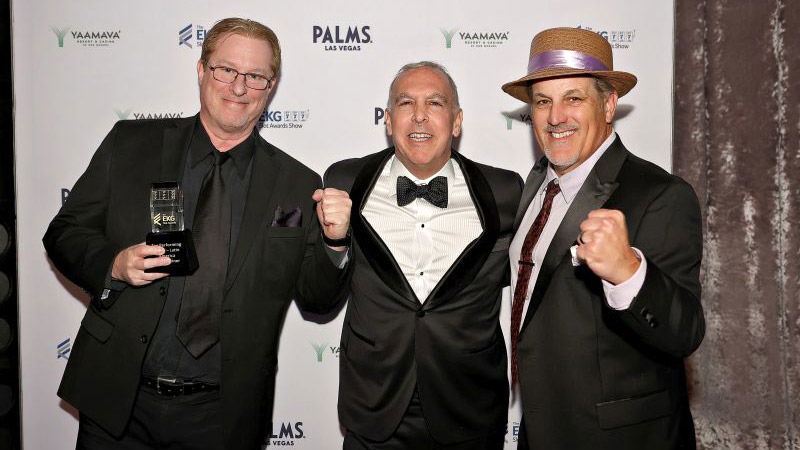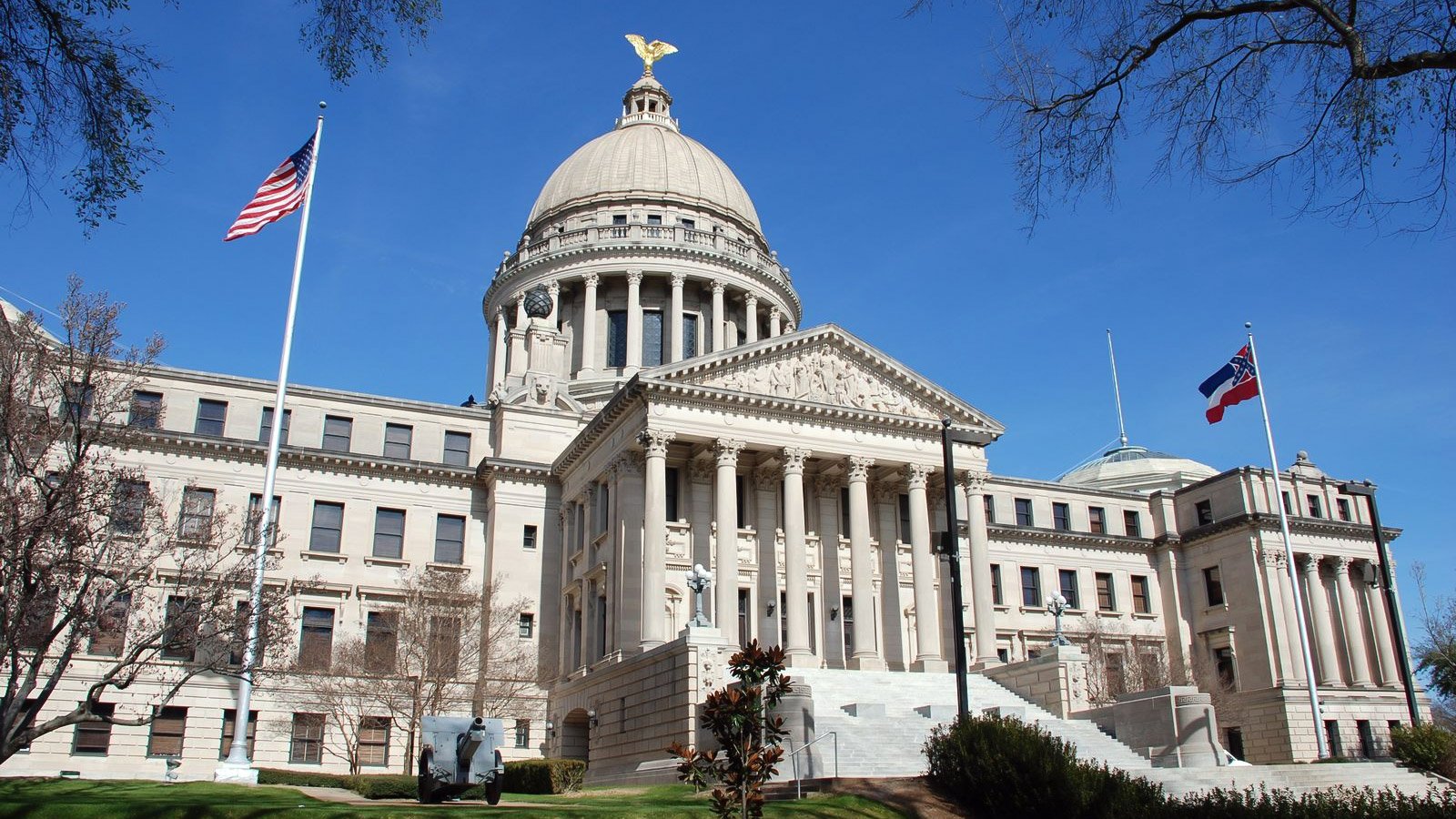NCAA identifies 175 infractions of its sports betting policy since 2018, 17 investigations still ongoing

The National Collegiate Athletic Association (NCAA) has identified 175 infractions of its sports betting policy since 2018, with 17 investigations currently underway. The figures were disclosed in a letter from NCAA President Charlie Baker, obtained by The Associated Press.
The letter was in response to a request from Rep. Dina Titus, a Democrat from Nevada, who represents the district that includes the renowned Las Vegas Strip. The NCAA does not disclose specific details of ongoing investigations, and Baker's letter did not mention any schools or athletes involved.
In an email to AP, the NCAA stated that less than 0.25% of its approximately 13,000 sporting events have exhibited suspicious betting patterns, and that only a small percentage of those have "specific, actionable information.”
The NCAA pays a company to identify and flag potential violations of its betting policy, a practice that many college conferences also employ. Baker's letter to Titus highlighted a range of infractions committed by athletes, coaches, and administrators, spanning from small wagers of $5 to instances of "providing inside information." The ongoing investigations are similarly varied in terms of severity.
While the NCAA has not provided details on all the cases, some notable incidents have become public. Alabama baseball coach Brad Bohannon was fired in May due to suspicious betting activity involving his team. Additionally, both Iowa and Iowa State announced that a combined 41 athletes were suspected of breaking betting rules.
With the growing popularity of legal betting across the United States in recent years, concerns about potential gambling scandals in college sports have increased. The NCAA maintains strict regulations against gambling by athletes, although adjustments have been made to consider mitigating factors when penalizing "young people who have made mistakes."

Baker outlined several measures that the NCAA is implementing to safeguard the integrity of its events, sharing much of the same information with the AP. The organization says it is focused on educating athletic departments about the risks associated with sports betting, prioritizing the safety and mental well-being of its 500,000+ student-athletes.
Expressing gratitude for the NCAA's transparency, Rep. Titus thanked Baker for providing the requested information. She also revealed that she had written letters to major professional sports leagues.
Titus stated: "This kind of transparency is crucial for the integrity of the game and success of legal sports betting. Now that we have answers from the NCAA, I need to hear from professional sports leagues about their efforts to protect players and the public from illegal activities."
















































